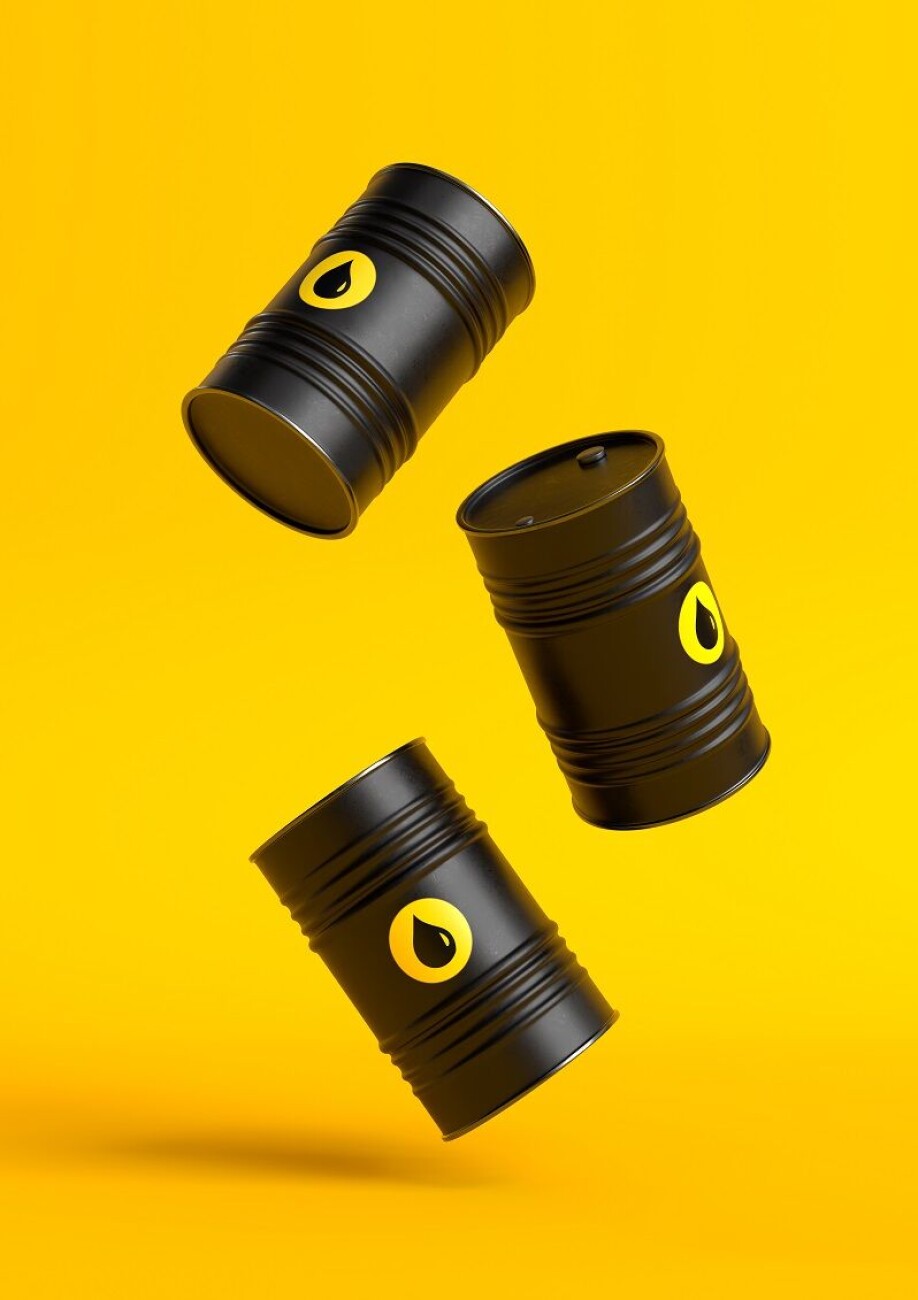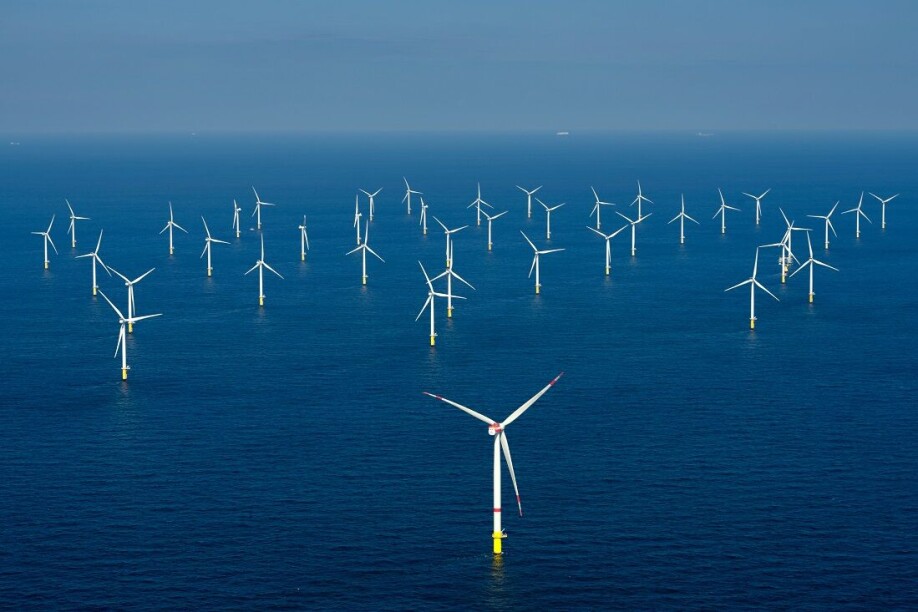THIS ARTICLE/PRESS RELEASE IS PAID FOR AND PRESENTED BY NTNU Norwegian University of Science and Technology - read more

A quick end to oil won’t save the climate
An abrupt halt to oil activities in the North Sea is not the solution to the climate crisis. The way forward is to establish alternatives to oil.
“We need to invest heavily in renewable energy and ensure that it becomes competitive in international markets,” says Espen Moe.
Moe is a political scientist and professor in NTNU’s Department of Sociology and Political Science. He is studying which factors are slowing the transition to greener technologies.
He agrees with experts who predict that Russia will be the winner if Norway abruptly shuts down its oil industry. Norway would lose geopolitically, and Europe would become even more dependent on its neighbour to the east. Moe believes neither Norway nor the climate would benefit from that turn of events.
At the same time, Moe notes that that oil supporters are by no means completely correct in all their views. The more money that is invested in oil, the less is left to invest in new technology. The Norwegian petroleum industry – not offshore wind – was awarded the largest national package of measures during the coronavirus pandemic.
“We need to phase in renewable energy as soon as possible – and for Norway that means investing in offshore wind and carbon capture and storage. Those options aren’t economically profitable yet, and the transition will be difficult. To succeed, we need to look at the climate, energy, the economy and politics as a whole,” says Moe.
We need compromise

Moe points out that technology which a few years ago was far ahead of its time has quickly become competitive in price. The Norwegian (and mostly state-owned) energy company Equinor recognizes that it can also become dominant in new green technology. However, even when the technology exists, its use depends on complicated political processes that don’t fall into place on their own.
“We need a transition from a fossil energy system to a renewable energy system – from one structure to another. How do we get there? The future will be about compromises at the expense of principles,” says Moe.
There’s no question that we have to increase electricity production, and that electricity has to be renewable. Achieving this will require having a policy of structural change.
Can’t have it both ways
Moe points to Norway’s electric vehicle subsidies, which economists view negatively because the policy is not beneficial, from a socioeconomic perspective. He acknowledges that the EV policy has been extremely expensive – but it has also resulted in major structural changes. Norway’s investment in electric car technology has in all probability contributed to other countries setting an end date for the sale of fossil-fuel cars, Moe says.
“The time for having our cake and eating it too is over. We won’t make the transition to a green economy on good intentions and personal values alone. The key to success is for people with differing opinions to sit down together and find positive, concrete solutions. They have to ask themselves what our needs are, how we can meet them and how to minimize the harmful impacts,” says Moe.
“In this area,” he said, “the election campaign in Norway (in September) was oversimplified in a lot of ways. Too much of the discussion has been about who does and doesn’t want an end date for Norwegian oil production. In many ways that’s a tangential and symbolic issue that takes attention away from what can actually make a difference.”
Polarized debate hinders political solutions
Moe believes the inflamed debate over wind power and siting wind turbines has marred the Norwegian climate debate. Everyone agrees that we need renewable energy, but no one wants wind turbines in their backyard. Wind power has become an identity policy, where opponents condemn each other instead of working together to find effective political solutions.
He also points out that the wind power debate has been problematic for several political parties – especially the Socialist Left Party and the Green Party, because they have both supporters and opponents of land-based wind power in their ranks.
Moe believes we can’t wait for offshore wind, because developing it will take time and probably become so expensive that the electricity will end up being sold to the continent. That’s good for the climate, because the electricity will replace fossil-fuel energy in Europe – but Norway also has to produce renewable energy domestically.

Water, wind, both
“Some people believe we could make better use of hydropower, which is quite possible. There’s no doubt that hydropower taxation has prevented greater use of hydropower resources. Other folks think we have to work to reduce energy consumption. That’s a good thing too, but imagining that it’s enough to solve the problems is a little like believing that if we just work together, there’ll be peace on earth. The only realistic solution is to increase the production of renewable energy, and to do it as soon as possible,” says Moe.
For that, says Moe, we need wind power, including land-based turbines. They have an obvious cost, in the form of loss of land, hiking areas and habitats. He believes the discussion therefore needs to be about how we can best minimize these costs. How do we create a concession system that also safeguards local interests and nature conservation interests?
“We should be able to achieve this. We have very little wind power in Norway compared to a number of other countries,” says Moe.
Complicated international processes
But what about the rest of the world? A number of researchers have argued that international climate agreements do not work because the political problems are at the national level. Through his research, Moe has also shown how the carbon players in the coal, oil and gas industries usually wield a heavy hand in politics – both on the political right and left, and on the employer and employee side – and also in Norway.
This relationship between industry and politics makes more radical climate measures difficult to implement. Minor changes in current practice are easily adopted, but structural changes are fought and blocked by players who are part of the existing structure.
Moe certainly believes that international climate diplomacy is needed, but he is afraid that expecting major breakthroughs is unrealistic.
“There are also many indications that the world is heading towards a greater degree of international conflict. This could in turn mean that it will become more difficult to have international bilateral talks on climate change,” he says.

Strain between the big guys
Moe believes that relations between the United States and China will continue to be strained, including on the issue of climate. China is not a climate denier and is installing more renewable energy than any other country. China also clearly recognizes the industrial gain in dominating the markets for wind and solar energy. However, China is not extending itself any further than what the country has already adopted and decided on, according to Moe.
“Then there’s the big difference between what central authorities in China say and mean, and what the local authorities actually do. The ambitions of central authorities are often thwarted in the provinces, where the relationship between local party leaders and the coal industry is often close,” he says.
Bright spots
But Moe also sees some bright spots in climate policy. Recently, Germany’s highest court ruled that the German government must revise its 2019 Climate Change Act, because the current climate targets are not ambitious or specific enough.
“I haven’t been an optimist with regard to climate agreements, but if agreements can have consequences like this when a country doesn’t fulfil its obligations, they could actually work,” he says.
Now that’s something to think about for the politicians who will be governing Norway after the parliamentary elections this autumn.
Reference:
Paul Midford and Espen Moe: New Challenges and Solutions for Renewable Energy: Japan, East Asia and Northern Europe. Palgrave Macmillan, 2021. (Summary)
See more content from NTNU:
-
Why is nothing being done about the destruction of nature?“We hand over the data, but then it stops there"
-
Researchers now know more about why quick clay is so unstable
-
Many mothers do not show up for postnatal check-ups
-
This woman's grave from the Viking Age excites archaeologists
-
The EU recommended a new method for making smoked salmon. But what did Norwegians think about this?
-
Ragnhild is the first to receive new cancer treatment: "I hope I can live a little longer"





































